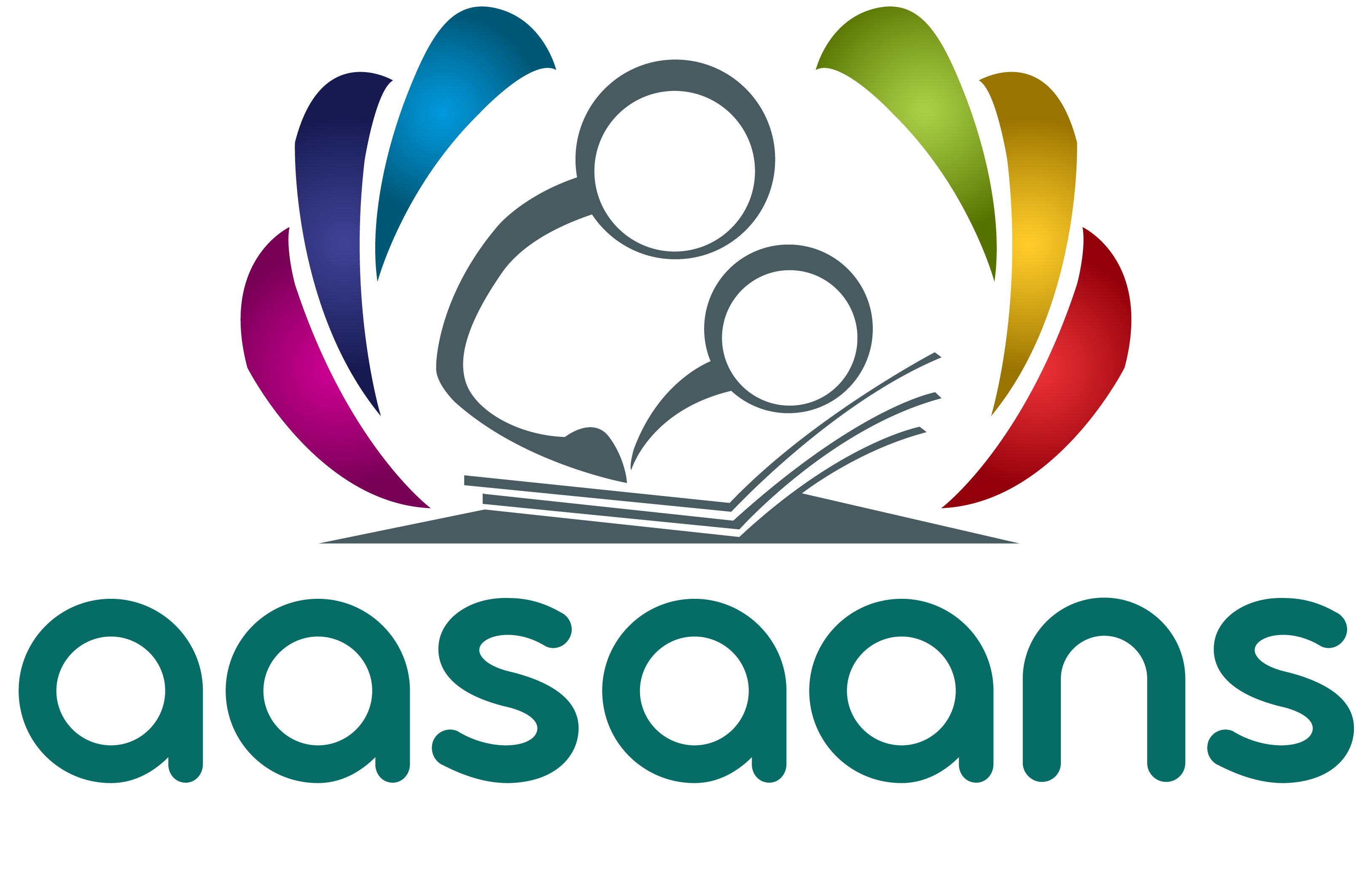Introduction
In recent years, the field of Education Technology, or EdTech, has seen remarkable growth. This sector combines education with technology to enhance learning experiences and improve educational outcomes. As the demand for digital learning solutions continues to rise, so do the career opportunities within the EdTech industry. This blog explores the career prospects in this burgeoning sector, highlighting its advantages, potential drawbacks, and concluding with insights for aspiring professionals.
Advantages of Careers in EdTech
1. Innovation and Creativity
Working in EdTech allows professionals to innovate and create new educational tools and platforms. From developing interactive learning apps to designing virtual classrooms, there’s ample opportunity to contribute creatively to the field of education.
2. Impactful Contributions to Education
EdTech careers offer the chance to make a significant impact on education globally. By creating accessible and engaging learning solutions, professionals can help bridge educational gaps and reach students in remote or underserved areas.
3. Continuous Learning and Growth
The dynamic nature of EdTech encourages continuous learning. Professionals in this field often engage with cutting-edge technologies and pedagogical methods, keeping their skills relevant and adaptable to evolving educational needs.
4. Flexibility and Remote Work Options
Many roles in EdTech offer flexibility in work arrangements, including remote work opportunities. This flexibility allows professionals to maintain a healthy work-life balance and work from anywhere in the world.
Disadvantages of Careers in EdTech
1. Technical Challenges
Working with technology can present technical challenges, such as software bugs, compatibility issues, and learning curves associated with new tools and platforms.
2. Resistance to Change
Some educators and institutions may resist adopting new technologies, which can slow down the implementation and impact of EdTech solutions in traditional educational settings.
3. Privacy and Security Concerns
The collection and storage of student data raise privacy concerns. Professionals in EdTech must adhere to strict data protection regulations and ensure the security of sensitive information.
4. Market Competition
The rapid growth of the EdTech sector has led to increased competition among companies and professionals. Standing out in a crowded market requires innovation and strategic positioning.
Conclusion
The rise of EdTech presents exciting career opportunities for individuals passionate about education and technology. From designing innovative learning platforms to implementing digital curriculum solutions, the field offers diverse roles that cater to a variety of skills and interests. While there are challenges, such as technical hurdles and resistance to change, the advantages of making a positive impact on education and enjoying career growth outweigh these obstacles. Aspiring professionals should embrace the opportunities in the EdTech sector, staying informed about industry trends and continuously enhancing their skills to thrive in this dynamic field. EdTech is not just transforming education—it’s shaping the future of learning worldwide.




